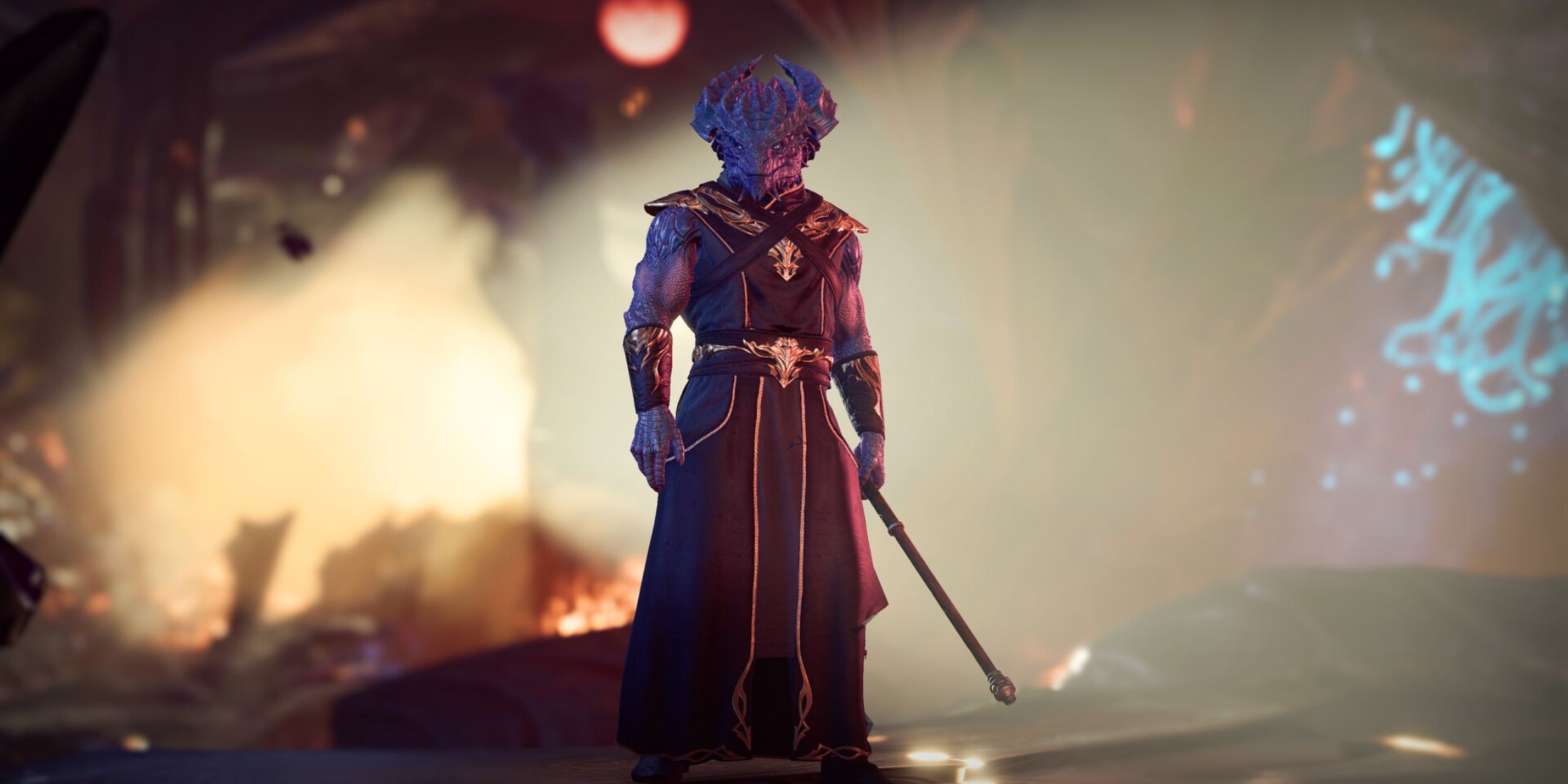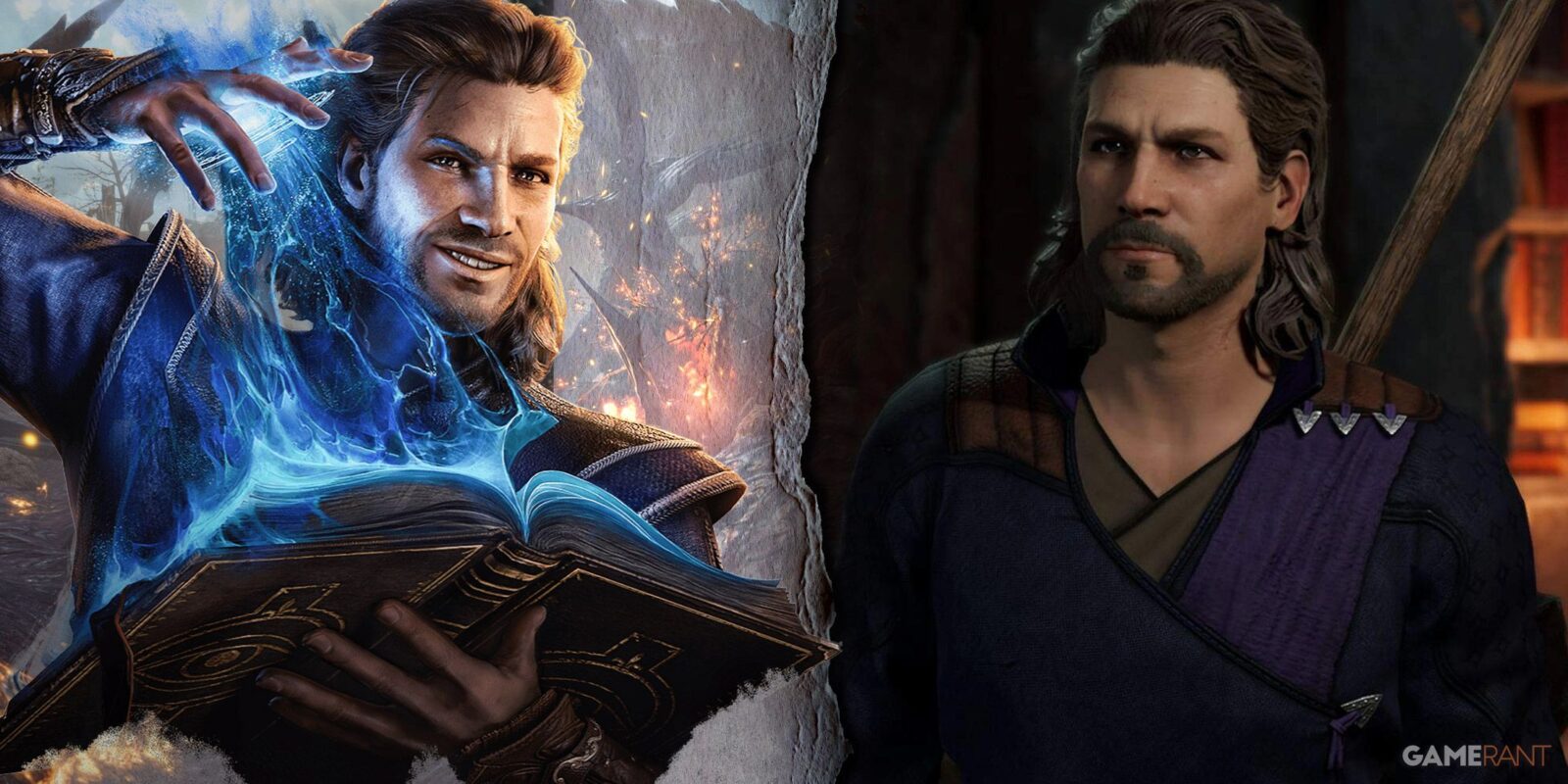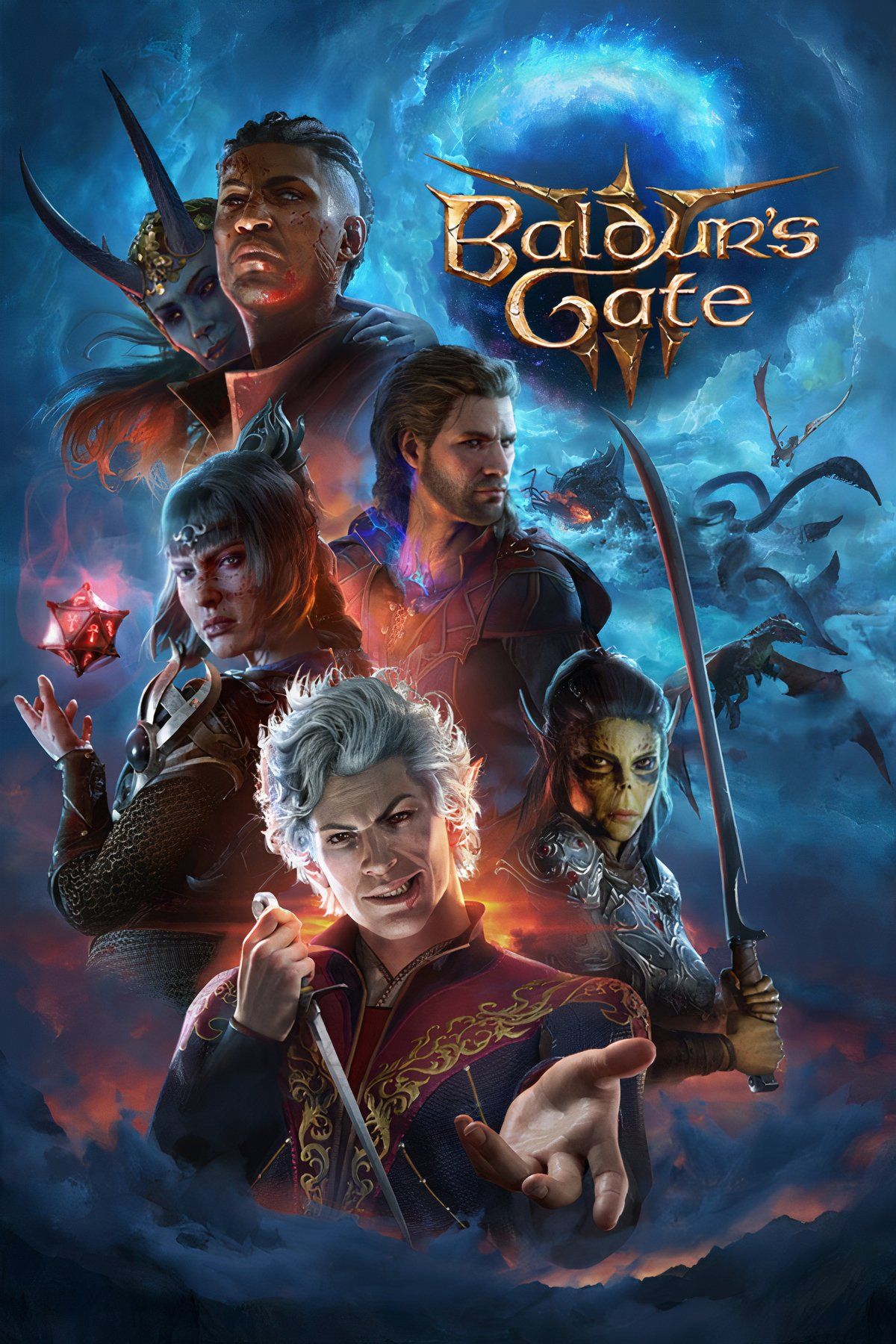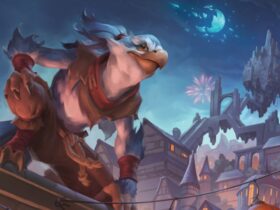Larian Studios’ Baldur’s Gate 3 introduced a cast of deeply flawed, yet compelling, characters, with Gale standing out as one of the most interesting. His insatiable hunger for magic items adds a mechanical and narrative layer that makes his story both engaging and frustrating. This duality—where an interesting character quirk also becomes a potential annoyance—raises an important question for Baldur’s Gate 4: Should the next entry continue this trend of personal burdens affecting gameplay, or should it refine how these elements are integrated?
With Larian moving on to its own IPs, a potential Baldur’s Gate 4 would be in the hands of a different studio. The next developers will need to balance staying true to the framework left behind, while also pushing the franchise forward. One way to do this is by leaning into party tension more aggressively than Baldur’s Gate 3, making companions feel less like unwavering allies and more like real individuals with their own agendas, opinions, and conflicts.

Related
Larian Gives Update on Baldur’s Gate 3 Patch 8 Changes
Larian Studios releases an update for Baldur’s Gate 3 patch 8 as it undergoes stress testing, introducing fixes across several aspects of the game.
Baldur’s Gate 3’s Gale Created Genuine Party Tension
Companion characters in RPGs tend to be supportive of the protagonist, only objecting in extreme moral circumstances. However, Baldur’s Gate 3 made strides in adding personal stakes to companion dynamics. Gale exemplifies this with his Netherese Orb predicament, which forces the player into difficult decisions about sacrificing magical artifacts to sustain him. This choice makes his journey feel personal, but it also highlights an area where Baldur’s Gate 4 could go further: party tension could be more of a constant and less of an occasional interruption.
A moment that showcases this well is Gale’s reaction if the player describes their first night together as “fine.” His response isn’t just disappointment, it’s bitterness, reminding the player of the explosive situation (quite literally) in his chest. This moment is uncomfortable, but it also makes BG3’s Gale feel real. His flaws are on full display, and he reacts in a way that isn’t always palatable. Baldur’s Gate 4 could benefit from more moments like this. Moments where companion relationships aren’t just about external conflicts, they are also personal, sometimes messy, dynamics between characters and the player.
Baldur’s Gate 3 and Its Polarizing Character Arcs
One of the most fascinating aspects of Baldur’s Gate 3 is how it presents its characters with pivotal choices that define their arcs. Each of the origin companions has a storyline rooted in breaking free from, or succumbing to, a powerful external force. Shadowheart must choose between rejecting or embracing Shar. Lae’zel has to decide between loyalty to Vlaakith or forging her own path. Astarion can take Cazador’s place or reject his cycle of abuse. Wyll’s destiny is shaped by whether he breaks his pact or remains bound by it.
Gale, however, has a unique twist: his “good” ending is framed as returning to Mystra, his former lover and a god who both mistreated and manipulated him. The alternative, where he pursues the Crown of Karsus, is arguably depicted as a descent into megalomania rather than a rejection of his past in favor of self-determination. This portrayal is unusual compared to the other companions, as it subtly suggests that accepting Mystra’s control is preferable to breaking away, despite the perceived power imbalance in their relationship. It raises the question of whether Baldur’s Gate 4 should continue this model of companion arcs or explore different ways of presenting complex character choices.
Baldur’s Gate 4 Should Push Conflict Further
If Baldur’s Gate 4 builds on Larian’s foundation, one of the best ways it can evolve is by amplifying player-driven conflict. Many RPGs offer choices, but few force players into situations where a companion’s demands directly clash with personal interests. One way to enhance this is by implementing more binary choices that impact the party dynamic—similar to Mass Effect’s Virmire mission, where players must make an irreversible decision about which companion survives.
For example, a future character could have a conflict where their loyalty is tied to specific player actions, forcing the protagonist to take a side. Imagine a scenario where a mage companion demands exclusive access to certain magical resources and denying them weakens their abilities, or even pushes them to leave the party. This could create natural friction, making relationships feel more organic rather than solely based on approval ratings.
Gale’s story, despite its inconsistencies, sets a precedent for characters who have baggage that actively affects gameplay. If Baldur’s Gate 4 introduces more characters with similarly demanding conditions, it could make party interactions more engaging and unpredictable. Rather than simply managing approval ratings, players would have to navigate the consequences of their actions in a way that directly impacts their journey.
Source link













Leave a Reply